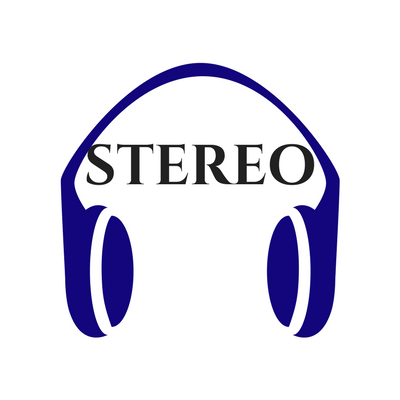
Last week I interviewed Rachel from stitcher.com and I had plugged my phone into my mixer and panned her hard right, and had my microphone plugged hard left. The problem with phone interviews is you cant' see each other. Then you talk over each other. When you have one person left, and the other right, it makes it super easy to edit. In my example I cut myself out where I talked over her. You can watch this youtube video where I show how to record a skype call.
We Love the Interviews!
I got a voicemail from who said he loved the interview last week. Well I typically interview people who are having podcast success, who have a product that podcasters may value. Here are some other podcast interviews you may enjoy
Wizzard Media Launches Web Based Premium Service
From H2 to ESPN –
Samson Go Mic Reviewed
Podcasting Secrets with Paul Colligan
Gary Leland on Getting Olympic Guests
Evo Terra Author of Expert Podcasting Practices
Podcast for Profit Author Leesa Barnes
Embracing Sight Impaired Listeners
Tricks of the Podcasting Masters: Rob Walch Interview
History According to Bob Selling Back Catalog
Avoiding Cease and Desist with Rich Palmer
Heather Vale From Success Unwrapped
PW Fenton Podcasts Insights
Sight Impared Podcasters
I have worked with Slau from Sessions with Slau who is Sight Impaired. He is also a recording engineer and runs his own studio. So I'm not sure for the “average Joe” what hurdles to recording a podcast might be with vision hurdles. I know Slau gets it to Libsyn, but I take it from there. I'm not sure if using bluburry‘s hosting would be better (as you never leave wordpress). Great question. If you are a sight impaired person, please let me/us know what hurdles you have run across.
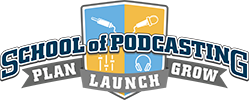

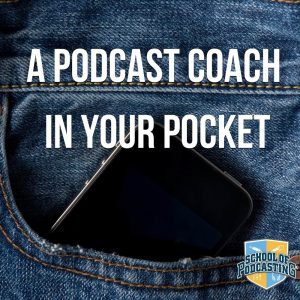
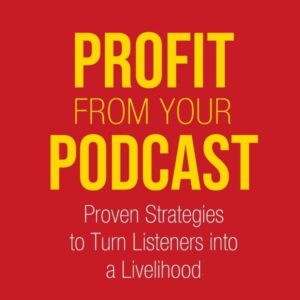
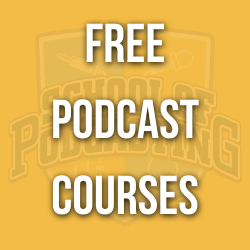
You asked about who we would like to hear interviewed. I am interested in the Bob you mentioned who had done hundreds of interviews. While you have covered the technical side of interview recording, I would be interested in hearing what Bob has to say about what he has learned in his time.
Specifically:
What big mistakes has he made in the interview process?
What changes from his original setup has been revolutionary?
Does he provide his guests with some or all of his questions before the interview?
Are there things he tells his guests he will not ask or allow on his show? (I am not familiar with his show, so I don’t know if there might be taboo topics).
Does he ever throw out whole questions/answers because they did not add to the content?
Are there any tricks to convincing people they need to be on his show?
I do an interview program where I provide the guest with only two of my questions before the show. These are questions that I always ask and think they deserve to be thought through before the show. This gives a good representation of what the guest wants to project about his work. Other than that I have a general direction I always go with my questions, but I mostly just play off the answers given.
My show is 15 to 20 minutes in length. I tell my guest that I need about 30 minutes of their time. With all the setup time and a couple of dud questions, I find I can consistently get my 15 to 20 minutes of material in a 25 minute interview. However, I have talked to a couple of people where 45 minutes of interview was pared down to 12 minutes and I could have even gone shorter.
Thanks for your show. I have been listening for a bit over a year.
Dave,
I’ll see if I can get him on the show. Thanks for the feedback.